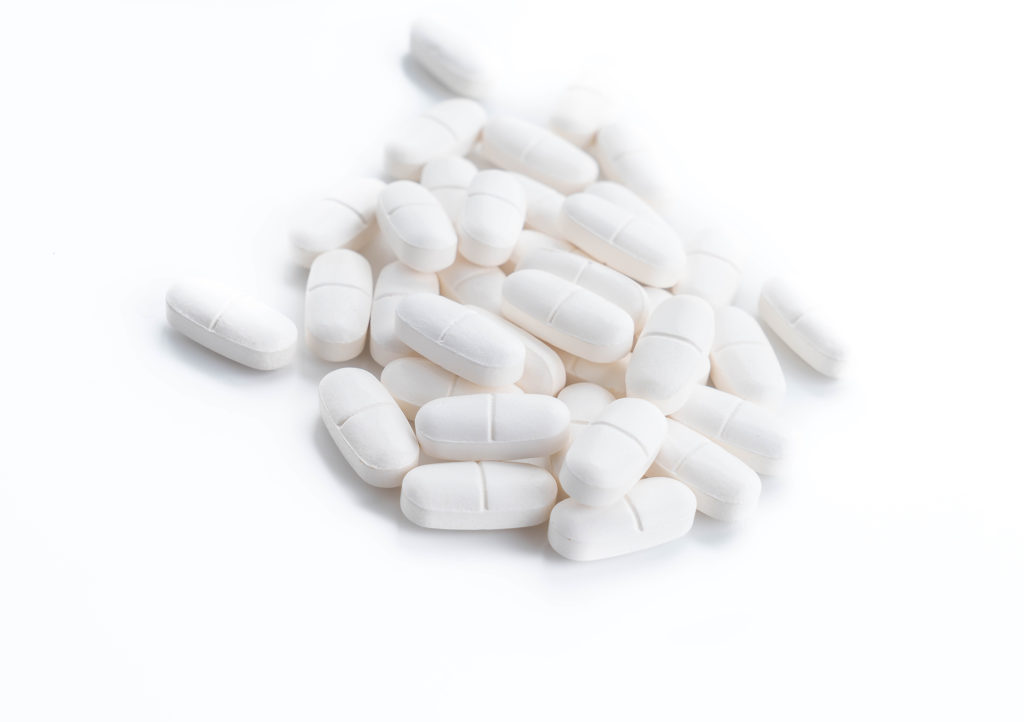Is Opioid Replacement Therapy Safe?

Medicine, healthcare. Tablets on the table
Opioid replacement therapy (ORT), also known as opioid substitution, opioid maintenance, opioid-assisted treatment, and other similar terms, is the process of substituting a more dangerous opioid (such as heroin or fentanyl) with a comparatively less harmful one (such as methadone or buprenorphine). Generally speaking, the substitute opioid is a safer one that is less euphoric or habit-forming albeit with a longer-lasting effect on the body.1
A recent meta-analysis of different studies overwhelmingly points towards ORT as a safe and effective intervention, with a number of benefits for patients with opioid use disorder (OUD).1 It is now generally, though not universally, considered to be an essential intervention for OUD.2,3,5
While it has gained widespread acceptance among medical experts who specialize in OUD, ORT remains a controversial intervention, often subject to misinformation. Here we’ll look into how ORT works, how long ORT takes, and whether or not you should consider it as part of treatment.
The North Texas area is home to a large number of facilities and programs that specialize in OUD. Get in touch with our team at Dallas Drug Treatment Centers to learn more.
How and Why Does Opioid Replacement Work?
Opioid use disorders are generally more challenging to treat compared to other types of substance use disorder, as opioids like fentanyl, heroin, and some prescription painkillers can be extremely habit-forming, causing a level of drug-seeking not typical of other substances. Additionally, opioid withdrawal can be extremely uncomfortable, which further discourages affected individuals from staying clean.2,3
Opioid replacement therapy works by allowing OUD patients to be weaned far more comfortably and safely from their opioid of choice than would be possible through total abstinence. The substitute opioids used in ORT are specifically selected to reduce potential harm, minimize relapse risks from “harder opioids”, and allow patients to be more functional than they would be otherwise. Over time, the dosages are reduced or specific opioid drugs swapped out to further reduce harm to the patient.1,2,3
How Long Does ORT Take?
While the ultimate goal is usually to take patients undergoing ORT off of opioid drugs altogether, it may not always be possible in all circumstances. This means that, in some cases, ORT may have to continue indefinitely or until such time improvements in the patient’s condition or other therapeutic interventions make abstinence feasible.3,4,5
Where abstinence is a goal, the National Institute on Drug Abuse recommends a 12-month minimum.5 Ultimately, however, it all depends on the individual patient as well as the approach taken by the attending clinicians.3,4,5
Benefits of Opioid Substitution

ORT using methadone and buprenorphine can dramatically reduce the risk of overdose deaths in treated patients vs untreated individuals. Other substitute opioids also improve mortality reduction in patients. In addition to reducing overall harm in OUD patients, ORT can significantly improve their overall quality of life, allowing most to work, study, and pursue personal goals without the serious effects associated with more problematic opioids.1,2,3
Furthermore, the controlled environment of ORT clinics reduces harm to patients in other ways. The assurance of having clean needles virtually eliminates the serious risk of contracting serious illnesses such as HIV/AIDS and hepatitis, which further improves life quality and reduces the overall cost of care for individuals as well as for healthcare providers.1
As a result of all these benefits, opioid replacement therapy is recommended by the Substance Abuse and Mental Health Services Administration and is endorsed by many international bodies such as the World Health Organization and the United Nations Office on Drugs and Crime.1,4,5
Find Long-term Treatment for OUD
Ultimately, however, opioid replacement therapy is just one of the many tools available to healthcare providers for controlling and treating opioid use disorder. Whether or not one needs ORT depends on the individual case as well as the judgement of attending clinicians.
If you have already discussed your condition with a qualified mental health expert, you can call Dallas Drug Treatment Centers at +1(214) 935-2287 to find specialized OUD programs in and around North Texas.
Resources:
- Sordo, L., Barrio, G., Bravo, M. J., Indave, B. I., Degenhardt, L., Wiessing, L., … & Pastor-Barriuso, R. (2017). Mortality risk during and after opioid substitution treatment: systematic review and meta-analysis of cohort studies. 357.
- Mattick, R. P., Digiusto, E., Doran, C. M., O’Brien, S., Shanahan, M., Kimber, J., … & NEPOD Trial Investigators. (2001). National evaluation of pharmacotherapies for opioid dependence: report of results and recommendations. Sydney: National Drug and Alcohol Research Centre.
- Bruneau, J., Ahamad, K., Goyer, M. È., Poulin, G., Selby, P., Fischer, B., … & Wood, E. (2018). Management of opioid use disorders: a national clinical practice guideline. CMAJ, 190(9), E247-E257.
- National Institute on Drug Abuse. (2020). How long does drug addiction treatment usually last?.
- Substance Abuse and Mental Health Services Administration. (2015, January). Federal Guidelines for Opioid Treatment Programs.
